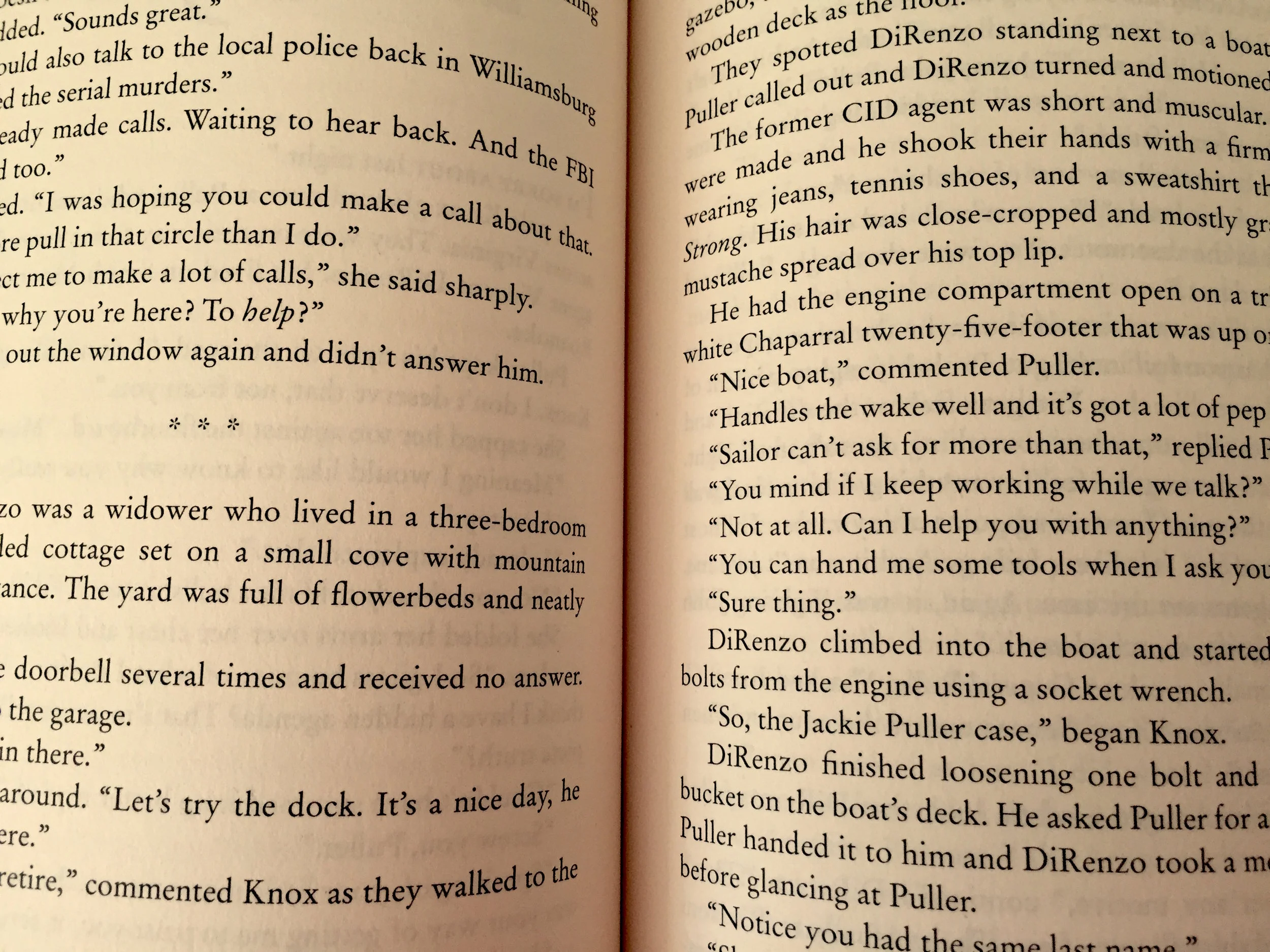"Zero K" by Don DeLillo: A Review
/American literary lion Don DeLillo released his seventeenth book, ZERO K (Scribner Books) earlier this year. In true DeLillo fashion, the story is a meditation on death, technology, family and the story and future of humans on this planet.
A review by Natalie Bozimowski
At a time when humans are obsessed with the preservation of youth and the prolonging of death, Don DeLillo's latest novel tells the tale of those who will and won't wait for nature to take its course.
“Death is a tough habit to break,” utters one of the novel's many faceless characters. The same could be said of DeLillo, for whom the topic seems inescapable. White Noise— his eighth novel and winner of the National Book Award for Fiction—is similarly threaded with a meditation on looming death and the intrusive presence of technology. And like his earlier works, Zero K is a story that gives us a glimpse of what our world could be.
DeLillo is an undisputed master of the English language and Zero K is yet another example of that gift. A National Book Award winner and a two-time Pulitzer Prize finalist, DeLillo is known for his lyrical prose and propensity for heavy subject matter. Themes he has long explored -- fractured families, death, terrorism, war and technology -- in earlier books like Underworld, White Noise and Libra are all in abundance in his seventeenth novel.
In Zero K DeLillo focuses our attention on the cultural values and mores of mortality, asking: what does it mean to die? It's a story laced with wit and brooding contemplation, and one that offers us a new perspective on the end of our lives. He transports us to a place where it’s possible to take control of life by eliminating death -- a top-secret cryonics lab in the Central Asian desert.
The novel's narrator is 34-year-old Jeffery Lockhart, the son of a corporate mogul who has helped fund this secret, remote biomedical project called the Convergence. Jeff's relationship with his father is a troubled one, with Ross Lockhart having left his son and first wife in Jeffrey's youth. Ross is now remarried to a younger woman, Artis Martineau, an archeologist who is dying of multiple sclerosis.
“The defining element of life is that it ends,” says one of the masterminds of the Convergence early in the novel. It’s a simple premise but one that is antithetical to Ross Lockhart's world view. Along with ailing Artis, the 60-year-old Lockhart intends to preserve his body in a capsule by freezing it at the Convergence lab until there’s a way for technology to bring him back to life. At this point, he summons Jeffrey to the hidden laboratory to say goodbye.
Zero K is by no means an uplifting tale. In its pages there's war, violence, famine and disaster. But there are also moments of levity and humor. Exchanges between Ross and Jeff Lockhart, for example, often provide some comic relief.
DeLillo has written a book filled with characters who each offer a very different perspective on mortality, forcing you to ask yourself which path you would take if offered up an unknowable, indefinitely prolonged future. And with the novel's slow pace, its contemplative characters grab hold of you. You empathize with Jeff Lockhart, who is determined to fully experience and live every last bit of his natural life. You grow to understand his father Ross, whose past initially levies on him an unlikeable quality, but who ultimately strikes a chord as he ruminates over his future life and death.
Today humans are willing to spend thousands of dollars to secure a drop of youth. But in DeLillo’s new world, not everyone is in a hurry to be preserved eternally.
Zero K according to:
The Guardian: "Mortality is at the heart of this powerful new novel set in a cryonics lab – Don DeLillo’s best work since Underworld"
The New York Times: "Mr. DeLillo’s haunting new novel, “Zero K” — his most persuasive since his astonishing 1997 masterpiece, “Underworld” — is a kind of bookend to “White Noise” (1985): somber and coolly futuristic, where that earlier book was satirical and darkly comic."
The New York Review of Books: "Zero K is DeLillo’s most determined effort yet to deflect attention away from story, or below story, to the questions that lie beneath our lives and the life of our culture as it marches implacably toward its Omega Point."
To read a sample of Zero K, visit simonandschuster.com

